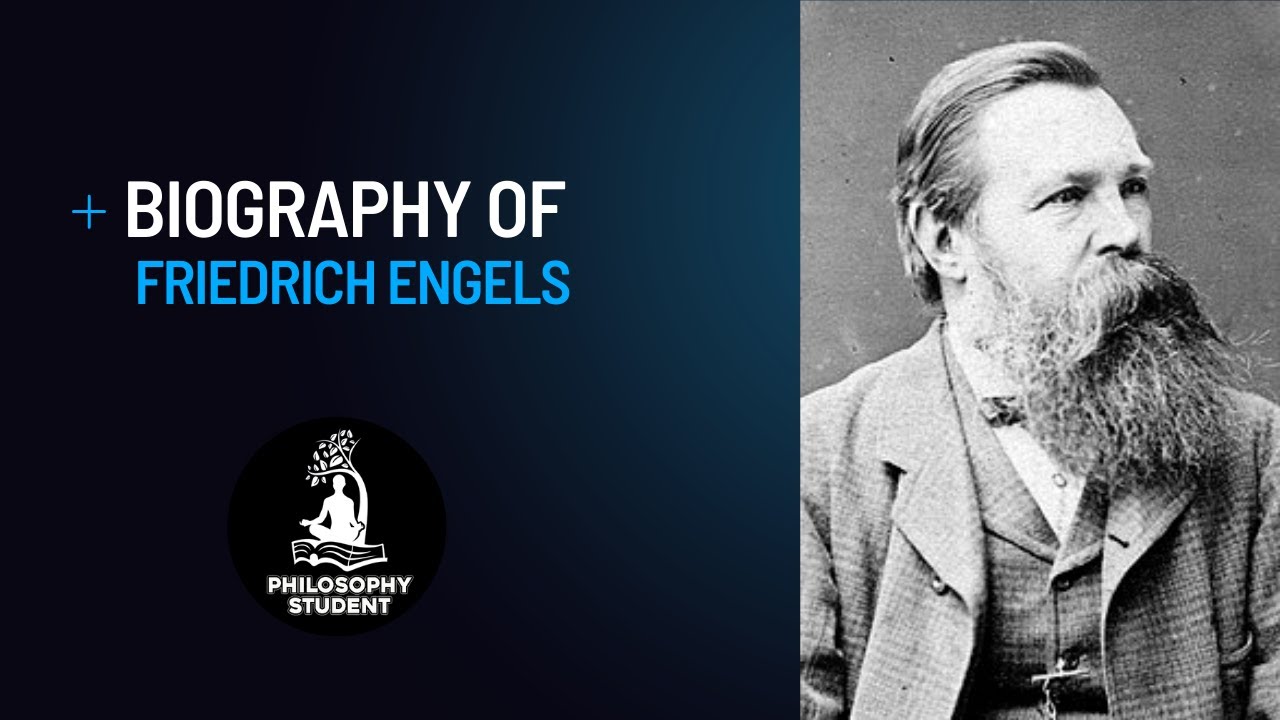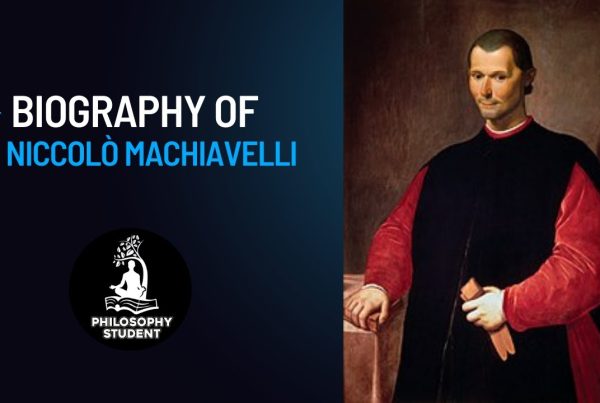Philosophy is not a field renowned for collaboration, so Friedrich Engels may be the most prominent collaborator in the history of philosophy. He is known primarily for having developed, with Karl Marx, so-called Marxist theory, the political and economic doctrine that gave rise to communism. His first collaborations with Marx produced The Condition of the Working Class in England (1845) and The Communist Manifesto (1848). Engels’s financial support of Marx enabled that philosopher to research and write the massive Das Kapital. The work was unfinished at the time of Marx’s death, and Engels edited its second and third volumes. He also edited Marx’s notes on the Theories of Surplus Value, which were later published as a “fourth volume” of Das Kapital.
Engels was born in Barmen, Germany, on November 28, 1820, to a prosperous manufacturer. He followed in his father’s footsteps, but even as he enjoyed success in commercial ventures, Engels began writing radical and socialist newspaper articles. He worked in Bremen as a clerk and served as a volunteer in the army in 1842 before spending two years in Manchester, England, working in a cotton mill that his father co-owned. He left this employment in 1844 to write for the Deutsch-Französische Jahrbücher, which was published by Arnold Ruge and Karl Marx in Paris. Later in the year, he returned to Barmen and, in 1845, began addressing communist meetings in Elberfeld. With Marx, he joined the clandestine Communist League in 1846, under the auspices of which he collaborated with Marx on the Communist Manifesto.
During the revolutions of 1848-1849, Engels lived in Cologne, where he wrote for the Neue Rheinische Zeitung, which Marx edited. When the government suppressed this publication, he began in 1850 writing for the Politisch-oekonomische Revue. That same year, discouraged by the collapse of revolutions throughout Europe, Engels fled to England and rejoined his father’s cotton firm in Manchester.
He worked in the family business until retiring in 1869. In 1870, he moved to London, where he drummed up support for the international labor movement. Engels became an internationally prominent advocate of Marxian communism, which he opposed to the emerging political philosophy of anarchism.
In addition to his collaborations with Marx, Engels wrote The Peasant War in Germany (1850) and Herr Eugen Dühring’s Revolution in Science (1878), a critique of the work of the anti-Marxist philosopher Eugen Dühring. The book is notable for Engels’s skillful application of Marxian dialectic to modern science and mathematics. Socialism: Utopian and Scientific (1880) was a critique of utopian socialists and socialism and achieved a surprising popular success. In 1883, Engels began writing Dialectics of Nature, which applied Marxian concepts to natural science, but the manuscript was left unfinished at the time of his death, August 5, 1895.




































